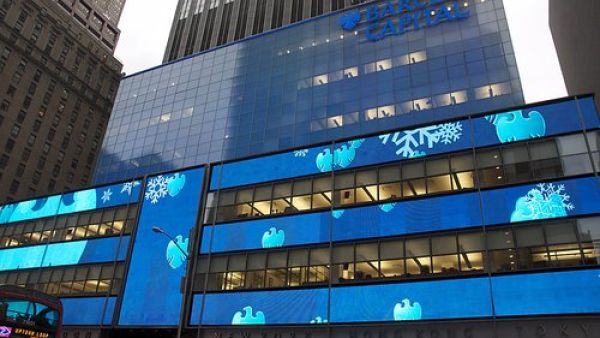Wealthy individuals in the Middle East are not only resilient during a financial crisis, they are the most optimistic among major markets in the world.
The latest edition of Barclays Wealth Insights series showed that Middle Eastern residents with high net worth have made more money during the recent downturn and are confident that their fortunes are rising faster than before.
Based on a survey among 2,000 high net worth individuals (HNWIs) from different countries around the world, the study found that 60 per cent of the respondents in the region believe they can make their fortunes grow faster today than in the past. Wealthy residents in other markets are not as confident, however, with only 43 per cent in Europe and 31 per cent in North America sharing the same outlook.
Barclays’ study, which was released on Sunday and included responses from entrepreneurs, business leaders and investors in various markets, provides a closer look at how fortunes are now being created, spent and shared across the world.
Looking at how the rich fared in the recent financial turmoil, the report found that (50 per cent) of the respondents in the region managed to increase their fortunes in the downturn. Nearly half (45 per cent) of them said the recent turmoil had actually provided them with opportunities.
Barclays’ report said this only shows that HNWIs in the Middle East “tend to have a more positive view of setbacks and are more persistent in overcoming adversity.”
The region’s wealthy also tend to be more generous. There are more HNWIs in the region (19 per cent) planning to give their entire wealth away to family, friends and charity during their lifetime, compared to only five per cent in the UK and four per cent in the US.
The overwhelming majority of the respondents across the Middle East (96 per cent), said they would allocate portions of their money to family or friends, either during their lifetime or as inheritance.
“Wealth creators in newer growth markets profoundly see their money as an enabler for their family and to the wider wealth cycle. They want to pass their wealth down and leave their business as a legacy for future generations,” said Rory Gilbert, managing director and head of wealth and investment management at Barclays Middle East and North Africa.
It also appears that the very rich are mostly self-made and don’t largely rely on inheritance to increase their wealth.
Among the Middle East respondents, over half (54 per cent) said the dominant contributor of their overall wealth portfolio is their own personal investments, compared to other sources of income, such as inheritance at 49 per cent.
The fortunes of these wealthy residents have mostly been accrued in less than a lifetime, with 73 per cent of them saying they have accumulated a large proportion of their wealth in less than 20 years.







